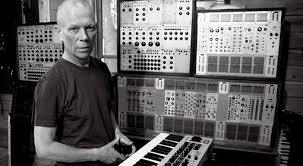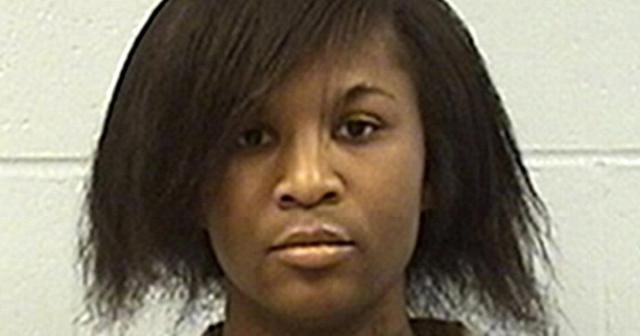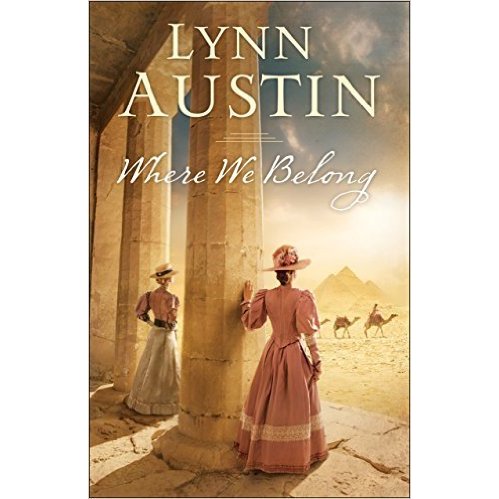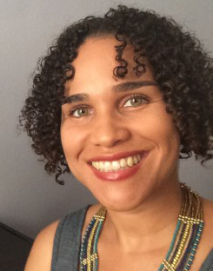When we think about Rich Boy, the first thought is the kid known for “Throw Some D’s” in the late 2000s. Before we get into the song at hand, “Throw Some D’s” is a classic Southern song that was slept on. I remember when it premiered on MTV (yes they used to play music videos and not overly produced episodes of True Life) and everything about it was classic from the actual video, to the beat, to Rich Boy’s voice. Alabama is close to me, along with a bunch of other states, so I cheered for him. It was a simple anthem to Cadillacs and stunting (bragging or showing up), which is what Southerns do in such a unique way. The single was so big that it brought the likes of Dre 3000, Jim Jones, Nelly, Murphy Lee(who had a fire verse), and the Game on the remix.
He could’ve easily continue the narrative of the cocky rapper who just talked about rims and cars throughout his debut album. There wasn’t much incentive to talk about anything else as there was no movement at the time. Rapping about social issues at the time were only reserved for Nas, Talib Kweli, Lupe Fiasco, Mos Def, Immortal Technique, Common, and a young Kanye. Even then, few appreciated their conscious take on things because there was no collective demand for liberation.
And then he closed his debut with a song that took on institutionalized racism with a full court press. “Let’s Go Get This Paper” came out of nowhere and was set out to address police brutality, poverty, the prison industrial complex, spirituality, and war.
The video opened up in black and white with a shot of a statue of Jesus and Rich Boy standing over the grave of one of his homies. The entirely of the video is of him at this grave giving us all an indication that he came to tell us a message. It’s almost like he was talking to Pooh Bear about what’s been going since he died. Firstly, he said goodbye to his friend and reclaim his place as a rapper from Alabama in an ocean of Atlanta and Miami rappers. It was his statement about Martin Lee Anderson that got to me from the beginning.
Martin Lee Anderson he ain’t even have a chance
They beat him in that boot camp ’til he died in that ambulance
That boy was only fifteen years old, fuck what they say he did
So tell me how I’m ‘posed to feel when police killin’ kids?


Left: Martin Lee Anderson Right: Anderson’s Family with Al Sharpton and Jesse Jackson
14 year old Martin Lee Anderson was in the juvenile system in Miami where he was beaten by guards during a boot camp session. They kicked and punched him on his first day in the facility and died a day later, prompting protests from all over the state. All eight of the defendants were found not-guilty. Rich Boy wanted us all to look at how the system killed Anderson rather than why he was in the system in the first place.
And then we can’t get a job, ridin’ we get them pounds
If it ain’t that coke then we get that ‘dro and break it down
See that ice, the dope man paradise
Boy better think twice, that dope have you doin’ life
The first verse includes the circumstances in which we’re put in that lead many to sell drugs. Lack of access to quality jobs, education, and the basics drives some to go that route and then they are thrusted into the system.
The bridge brought a surprise appearance of Mason Betha aka Ma$e with a short sermon about economic wealth and ownership of our culture. I knew of Ma$e with Bad Boy Records with “Harlem World” (an album that has to be reviewed again as one of the best rap albums ever and a close classic). After his second album, he randomly went into preaching for a few years before his many comebacks. In any event, he gave wisdom that was far cry from the Murder Ma$e I grew up on.
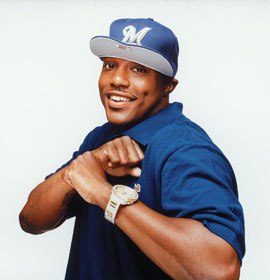
Mason Betha
Yeah when you look at us just think about it, we don’t own nothin’
If we get money, we got a lil’ few dollars, but our whole family tore up nigga
You gettin’ money for the people in ya family that ain’t got nothin’
When it’s all said and done, what do you own? You don’t own nothin’, you
Don’t own you… The nigga playin’ basketball, he don’t own that jersey, he can’t
Even be in a commercial wit’ his name on the back, so when it’s really all
Said and done, what did you do this for? What difference did you make?
Like rap, sports has been in the national conversation lately in the wake of injustice ten years later and within these issues is the plight of how black people progress the culture, but owns very little of it. As of now the NFL has no black owner and the NBA has a few of them, but the majority of all owners are white men. Mase is questioning the point of gaining all of this fame and money without generational wealth. In my heart, I think Mase was also questioning his own path in life as well.
In another surprising path, Rich Boy returns to question preachers, specifically those who teach Prosperity Gospel and uses the fates of his friends as proof of how the message did nothing for kids like him. In the midst of bashing preachers, he talks about wanting to meet God on his own terms and hopes that heavens knows his name. He even asks for forgiveness for drug dealing to enter the Kingdom. One of the unique things about being in the hood amongst the hopelessness and violence, we still want to see that Higher Power with the thought that things will be better. It’s like this is all a test.
I prayed a thousand nights, I did a hundred crimes
And now I’m beggin’ Lord that you don’t let me down this time
The last parts of it includes a harsher critique of capitalism and our place in it by producer Polow Da Don. Acknowledging that though he has millions, he still has no wealth compared to the richest in the nation. We could probably name the black billionaires on one hand.
The last bit is a prayer and stating about all of his family members that has been locked up in the system, but overcame those plights to become a rapper. He even thanked everyone who bought his album(even the bootleggers). I know his legacy is not as heralded with the legends of rap, but for a moment, I think it’s important to uplift how essential this song was. Maybe it was ahead of its time. It could’ve been our “Alright.”
“Ima tell you something, man: Im fighting for either Lets Get This Paper or Ghetto Rich with John Legend. They lead to the same area police harassment and problems with Blacks. I know, without a doubt, thats why Im in the rap game. God knows Im not a perfect Christian, but I do have the power and the wisdom to kind of lead somebody. Thats my purpose in life; it aint to get rich or be a big rap star, my purpose in life is to be a leader for the South or whatever region or whoever will accept or listen to my music. Thats how I try to come across in my records.”- Rich Boy
Advertisements Share this:

